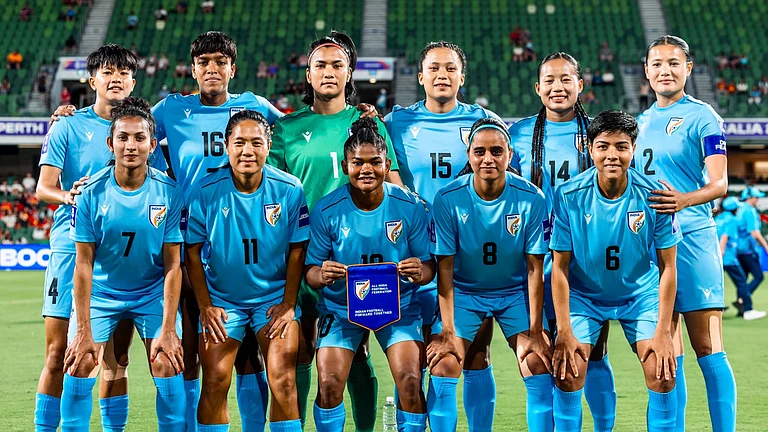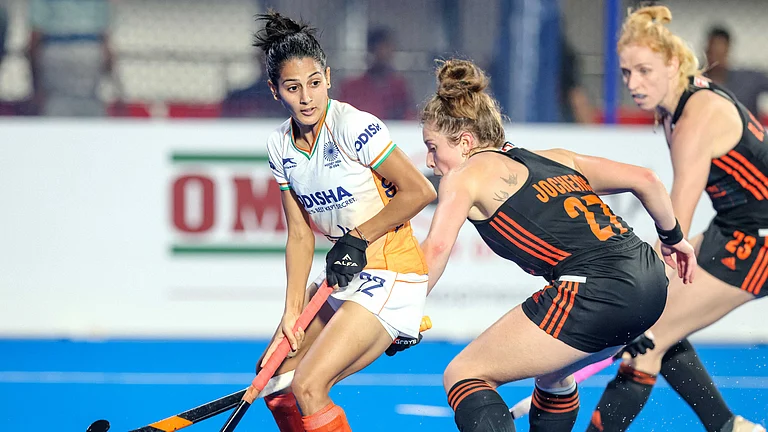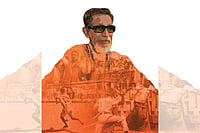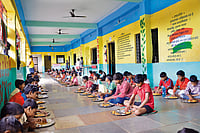Tribal stories on a global map
In the newsrooms of Nagpur, the path-breaking work of certain people in the tribal areas is often discussed with awe. The jungles of Central India, however, do not make it to the national headlines. And so, though the work was covered by local media, there was a need to make such stories known to the outside world.
Other local dailies, as well as myself, have reported on the pioneering efforts of Dr Ashish Satav and Dr Ravindra Kolhe to tackle malnutrition and provide medical care to the tribals in Melghat. I often did a Google search to check if national publications had picked up my story, but would get disappointed to find only reports by the local dailies showing up. Stories of Maoist violence in Gadchiroli were picked by every agency, but the story of Samiksha and Aniket Amte opening a school in Abujhmarh, the hotbed of Naxals, failed to make it beyond Nagpur. The long battle for forest rights and the almost utopian governance achieved by Mohan H.H., in collaboration with the village sarpanch Devaji Tofa, got a fleeting mention in national dailies. That Shubhda and Dr Satish Gogulwar had created innumerable women’s self-help groups in Gadchiroli had not made it to any publication.

Bandu Dhotre’s work to clean up the Chandrapur fort had impressed the district collector Ashutosh Salil. He decided to list others like Dhotre and compile their profiles in a book. Salil wanted to collaborate with a journalist working in this region. When I received his proposal over email, I found the idea a bit far-fetched. But I also realised it was a great way to inform the world about the good work being done in Vidarbha. Fiercely possessive of their space and bylines, a scribe would not easily concede, especially to a babu. When it comes to writing, a journalist is taught that there is always another day for a follow-up, but a bureaucrat is finicky about the details. But we had a common cause: both of us wanted to highlight the good Samaritans of Vidarbha.
Unlikely combo
In early July 2019, we travelled together to the interiors of Melghat. The 250 km-drive was an icebreaker. We chatted like long-lost friends, because I was not there for an interview with a commissioner or a collector, nor was he afraid of speaking his mind. We possibly made a strange duo for the people we had come to meet. They could rant as much to a journalist, but having the undivided attention of a bureaucrat was new for them. They opened up their hearts and minds. One of the takeaways was our conversations with Smita Kolhe that were liberally laced with slurs in Hindi and Marathi. She even cooked a simple meal for us, while humming the Bollywood classic Dil Jo Na Kehe Saka. In contrast, her husband Dr Ravindra articulated his life in quiet, low tones.
The day we were to meet Matin Bhosle at Amravati, we found that the school he had painstakingly built, had been bulldozed to make way for the Samruddhi Mahamarg connecting Nagpur with Mumbai. It was a tricky situation as Bhosle was in the crosshairs of the district administration. I decided to meet him to get a newspaper story. He wept constantly while narrating his plight. Later, I said I would return for the book.
Power of partnership
These visits to remote areas continued for the next six months. Through these conversations, we learnt about the lives, trials and tribulations of 13 people. For the civil servant and the scribe, the experience was humbling. They had made the jungles their home in an era when doctors moved to the UK or the US, and had won over the initially reluctant tribal community with their unflinching sense of service. What also emerged was their unshakable belief in Mahatma Gandhi and his way of life, which they had adopted. And so, we wanted to release the book sometime around 2019, the year of Mahatma Gandhi’s 150th birth anniversary.
Then Covid struck. Both of us were in different cities. When I sat down with my phone, loaded with conversations from Vidarbha, doubts filled my mind. It was a collaboration, but how would that happen when the lockdown didn’t permit travel? However, the new normal of video calls and Zoom meetings helped us complete the project. Organically, our bond strengthened; as if these stories had rubbed on us, managing to wipe out any trace of ego, rancour or anger. It also triggered a sense of empathy and a fierce desire to put the stories out for the world to read. We overcame every obstacle, because we remained committed to the cause.
(This appeared in the print edition as "Writer's Diary")
Barkha Mathur is an award-winning journalist from Nagpur























